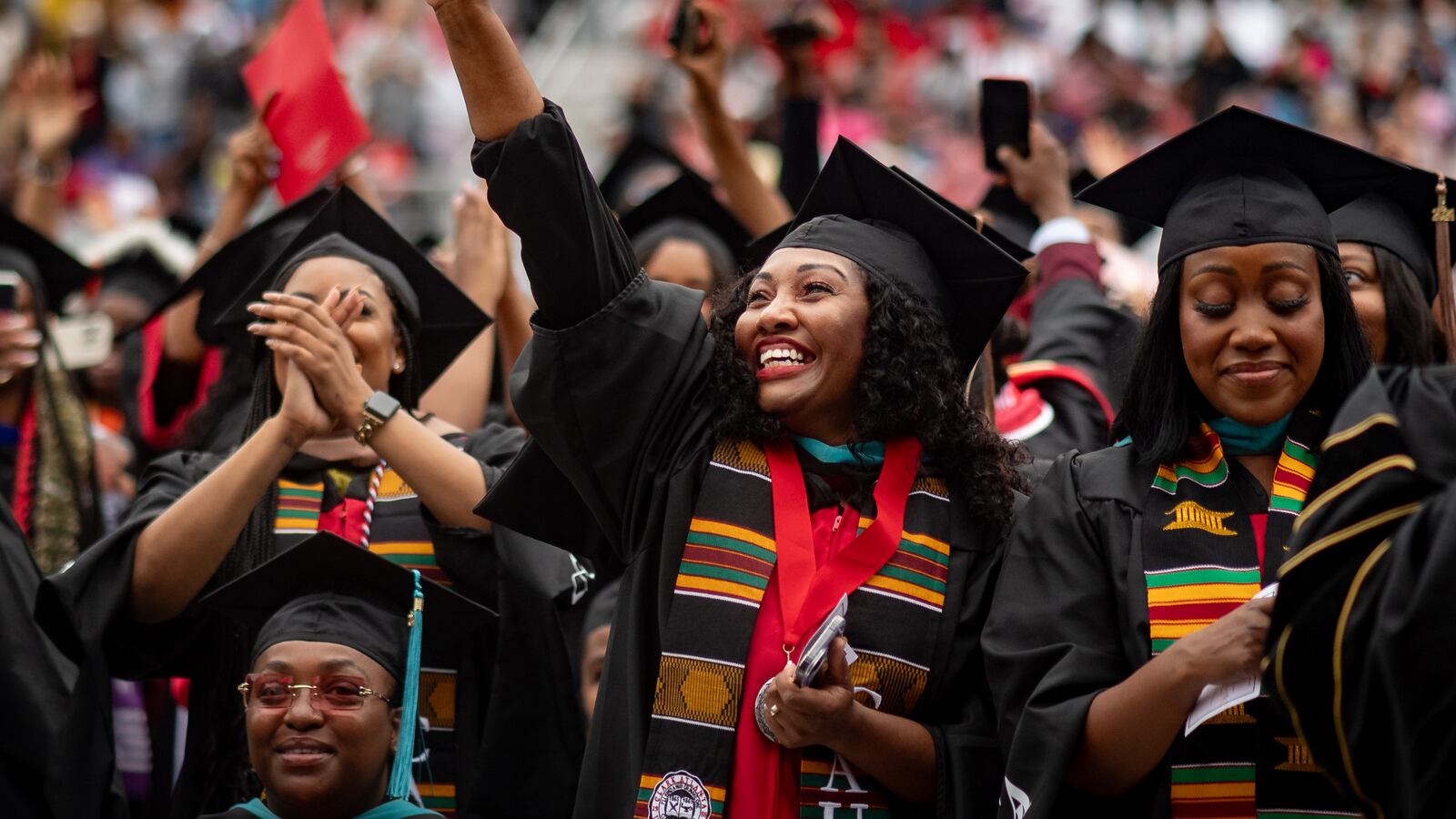Written By Lexx Thornton
The foundation of the United States is deeply intertwined with the labor, resilience, and ingenuity of Black Americans. From the early days of agriculture and skilled trades to the modern advancements in engineering and technology, Black labor has been instrumental in building and sustaining the nation. Central to this narrative are Historically Black Colleges and Universities (HBCUs), institutions established to educate and empower African Americans in the face of systemic exclusion.
HBCUs have long served as incubators of talent, producing generations of professionals who have transformed the American landscape. These institutions have been at the forefront of cultivating leaders in agriculture, engineering, skilled trades, and beyond. Despite representing only 3% of public and not-for-profit institutions, HBCUs enroll nearly 10% of African American college students nationwide and award 17% of the bachelor’s degrees and a quarter of the STEM degrees earned by Black students.
HBCUs are more than educational institutions — they are pillars of community, culture, and economic empowerment. From Tuskegee’s pioneering work in agricultural science to Jackson State’s leadership in engineering education, Black institutions have consistently been at the forefront of national progress.
The legacy of HBCUs is deeply rooted in the post-Civil War era when the Freedmen’s Bureau and other organizations established institutions to educate newly freed African Americans. These colleges and universities became centers for learning, leadership, and resistance against systemic oppression. They cultivated a sense of autonomy and community, fostering environments where Black students could thrive academically and socially.
Despite facing chronic underfunding and systemic challenges, HBCUs continue to lead in producing Black engineers, agricultural scientists, and skilled trade professionals. Their alumni fuel the economy and enrich American culture, carrying forward the legacy of Black labor that built the country and now sustains its industries. According to the United Negro College Fund, HBCUs produce 40% of all Black engineers, 50% of all Black teachers, 70% of Black doctors and dentists, and 80% of Black judges.
The economic impact of HBCUs extends beyond their campuses. These institutions contribute significantly to local and national economies through job creation, research initiatives, and community engagement. Investments in HBCUs not only support educational advancement but also drive economic growth and innovation.
Furthermore, HBCUs have been instrumental in social movements, serving as breeding grounds for civil rights activism and leadership. Many prominent figures, including Dr. Martin Luther King Jr., Rosa Parks, and Stokely Carmichael, emerged from HBCUs, using their education and experiences to challenge injustice and advocate for equality.
In the realm of agriculture, HBCUs have played a vital role in advancing research and education. The U.S. Department of Agriculture’s recent investment of $30.8 million in 1890 Land-Grant Universities underscores the importance of these institutions in addressing the nation’s agricultural challenges and promoting food security.
Moreover, HBCUs are pivotal in addressing the nation’s skilled labor shortage. A National Academies of Science, Engineering, and Medicine report anticipates a shortfall of technical workers in jobs requiring STEM skills but not necessarily a four-year degree. HBCUs are uniquely positioned to fill this gap by providing accessible education and training programs tailored to these industries.
As we discuss rebuilding America’s workforce and closing opportunity gaps, we must recognize that the answers have been in our HBCUs all along. Investing in these institutions is not just a matter of equity — it’s a matter of national strength and cultural preservation.

